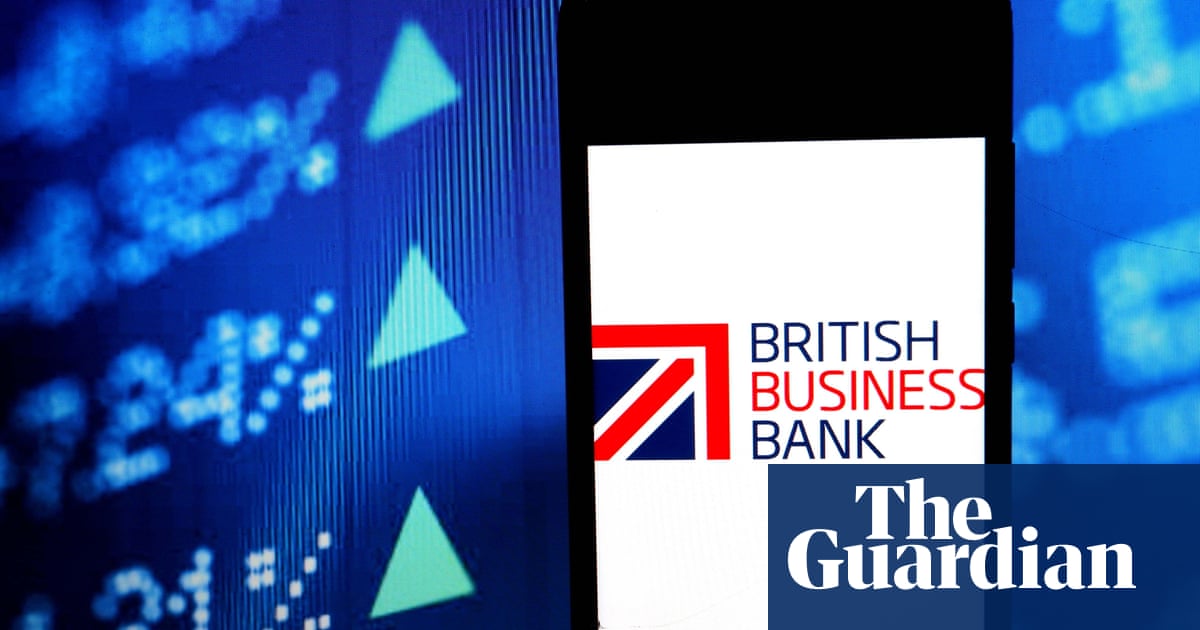
The UK government has removed state guarantees from almost £1bn in Covid-19 emergency loans, pushing potential losses on to banks if borrowers fail to repay them.
The taxpayer-owned British Business Bank (BBB), which runs the loan schemes, removed state guarantees from 10,786 loans worth a combined £979m up to 11 October, according to data released under freedom of information (FoI) laws.
The guarantees were removed for a variety of reasons, the BBB said, including because of data corrections, application errors resulting in “duplicate” funds being sent to companies, as well as infringements of scheme rules.
Rishi Sunak announced a series of loan schemes at the start of the pandemic, when he was chancellor, to try to support the economy as the government imposed strict lockdowns. The schemes were run by private banks but the government said it would cover some of the banks’ losses to enable them to lend to more businesses.
However, the schemes have been dogged by concerns over widespread fraud and errors on lending that reached £77bn, after the government focused on getting the money to borrowers more quickly.
Last month, the government said £7.4bn of taxpayers’ money had been paid to British banks to cover defaults, as well as fraud, while £17bn had been fully repaid by borrowers. The government also increased its estimate of total fraud by 43% to £1.7bn.
The largest of the schemes, the £47bn bounce back loan scheme, has been the subject of particular scrutiny over fraud but other business interruption loan schemes were also dogged by problems, amid complaints of poor oversight.
Theodore Agnew resigned in the House of Lords as a junior minister over what he called the “arrogance, indolence and ignorance” of government in its attitude to pursuing loan fraud.
Reuters reported that suspected fraud was not necessarily a reason for removal of government guarantees from the loans, provided other rules had been followed.
In the FoI response, obtained by Reuters and seen by the Guardian, the BBB refused to detail which banks held what amounts of the loans which had been stripped of their guarantee.
The BBB said the public interest in disclosing the information was outweighed by factors including how it “could crystallise a number of misunderstandings and misinterpretations surrounding the lenders” by incorrectly suggesting they had “a higher risk profile” depending on their share of the loans.
In January, the campaign group Spotlight on Corruption lost a tribunal aimed at forcing the government to reveal the names of companies who had benefited from the loans. The BBB claimed that disclosure of companies’ identities would breach commercial confidentiality and risked borrowers becoming fraud targets themselves.
The removal of guarantees comes after an annual report published by the business department claimed the government had improved its fraud detection, thanks to experience gained during the pandemic.
“Lessons have been learnt from the department’s approach to Covid-19 and that knowledge applied to new challenges such as the energy affordability schemes,” the annual report said.
In the past financial year there were criminal prosecutions against eight directors “for Covid-19 related misconduct”, according to the report with all leading to a conviction of which three resulted in immediate prison sentences.
A government spokesperson said: “In unprecedented times, we stepped up to support the country. If the government and lenders didn’t move as quickly, more businesses would have failed, and many more jobs would have been lost.”
UK Finance, the banks’ lobby group, said: “Lenders acted swiftly to deliver the government’s Covid-19 loan guarantee schemes, which supported millions of businesses at the height of the pandemic. The most recent data shows that the majority of businesses are on track with repayment and many have fully repaid their loans.”
The lobby group added that some lenders have removed loans from the guarantee “at their discretion” even where the guarantee may be valid.
A BBB spokesperson said: “The British Business Bank has a good relationship with scheme lenders and works with them, including through its audit process, to make certain they undertake their obligations under the guarantee agreement. This is important to ensure full compliance by lenders to the scheme rules and protects taxpayers’ money.”












